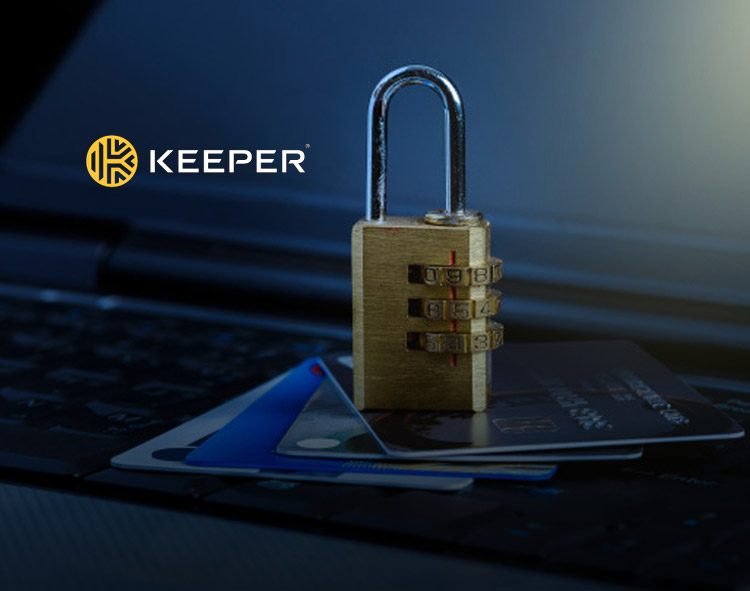Survey finds, attacks on financial institutions becoming more severe, while many lack resources and strategy to protect themselves
Keeper Security, provider of the leading cybersecurity platform for preventing password-related data breaches and cyberthreats, revealed that 69% of financial institutions globally have experienced a cyberattack in their lifetime, while nearly half reported experiencing an attack in the prior 12 months.
Read More: TerraPay Announces Readiness for the New World by Strengthening Management
These findings derived from Keeper’s 2019 Global State of Cybersecurity in Small and Medium-Sized Businesses report, conducted by the Ponemon Institute, which surveyed 2,391 IT and IT security practitioners in the U.S., U.K., DACH, Benelux and Scandinavia, including 348 from the financial services sector.
“The financial services sector is in the midst of a pivotal era of disruption, but transformation should not come at the expense of cybersecurity. As a highly-regulated industry, it’s imperative that firms don’t let cybercriminals fill the gaps,” said Darren Guccione, CEO and Co-Founder of Keeper. “Unfortunately, the majority of these businesses have already experienced a cyberattack and our research shows they’re still not going far enough to prevent the next one. The good news is there are easily-implemented solutions and strategies that enable financial institutions to transform securely.”
Read More: M Financial Group Licenses FAST Software to Enable New Digital Ecosystem for Member Firms
Survey respondents agreed cyberattacks are becoming more targeted (77%), severe (64%) and sophisticated (63%). Yet, they don’t have the resources and strategy in place to protect themselves. Half don’t believe they have sufficient budget to support strong cybersecurity posture and 47% don’t have a plan in place for responding to an attack. Only 39% of financial services firms believe their IT security posture is very effective.
Read More: Analyticom Introduces a Scientific Model That Keeps Investments Stable During Market Volatility
